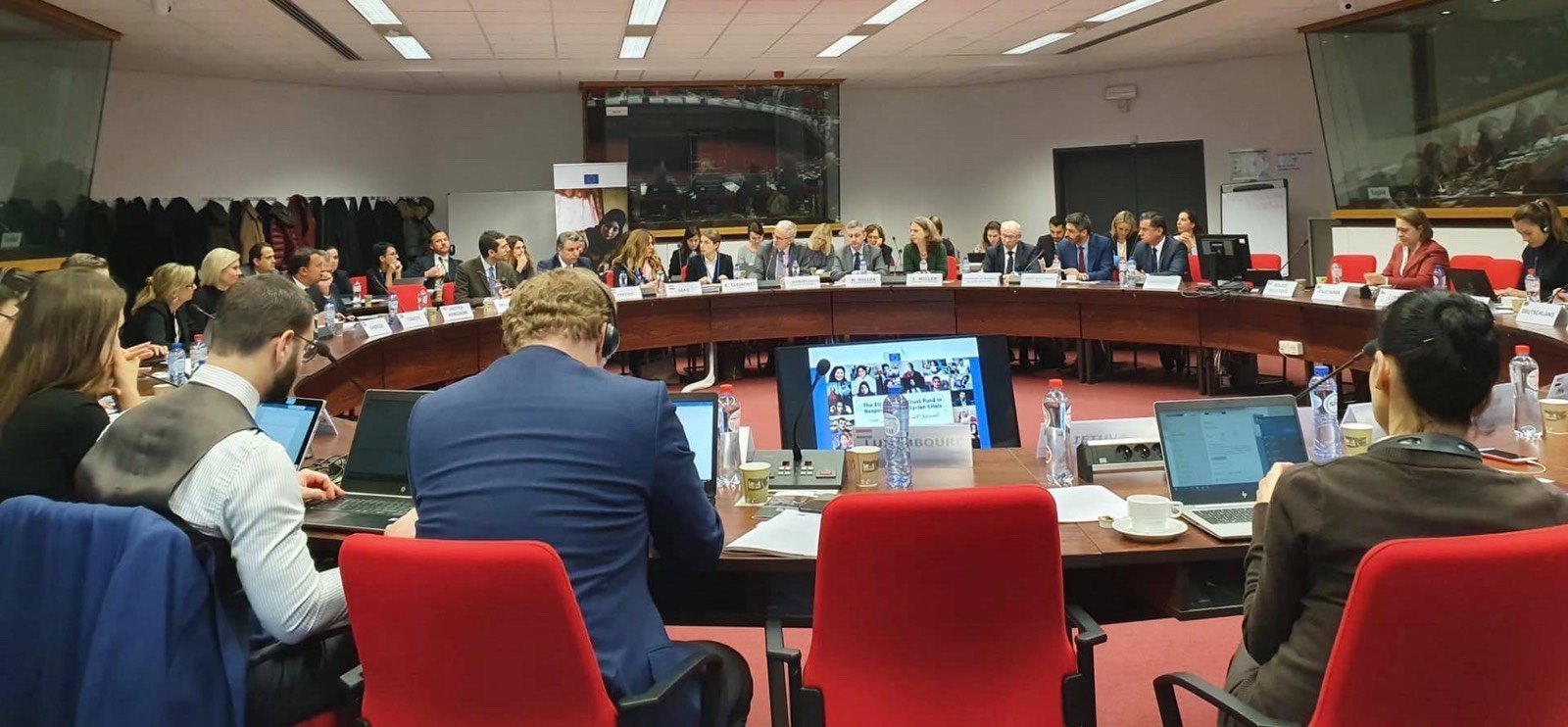Kurdistan Region sheltering 95 percent of the latest wave of Syrian refugees: KRG

ERBIL (Kurdistan 24) – The Kurdistan Regional Government's (KRG) representative in the European Union announced on Wednesday that 95 percent of the latest wave of Syrian refugees to flee the embattled country are now in the neighboring Kurdistan Region.
They are “staying in Kurdistan Region camps and host communities. This is in addition to the 350,000 Syrian refugees already in the Kurdistan Region who escaped the Syrian war,” said representative Dilawar Azhgaye at a meeting of the EU Regional Trust Fund in Response to the Syrian Crisis (MADAD), held in Brussels.
According to the KRG's Joint Crisis Coordination Centre (JCC), a total of 17,813 Syrian refugees have so far crossed into the Kurdistan Region following the Turkish military offensive on northern Syria that began on Oct 9.
In the meeting, Azhgaye requested that European nations contribute humanitarian aid to the 1.5 million refugees and internally displaced persons (IDPs) currently sheltered in the Kurdistan Region.
He also elaborated on the KRG’s ongoing plans to care for refugees and IDPs within its borders, as well as contingency plans for serving any future waves of Syrian refugees that might occur.
On Thursday, Azhgaye told Kurdistan 24, "The next meeting will take place in March where they will allocate a new budget and from the Iraqi share the largest part will go to projects in Kurdistan Region."
"They have officially received our views and plans on how KRG will support refugees and what are the needs," he added. "It has been a big help."
EU MADAD has funded projects in the health, water, and electricity sectors in Sulaimani and Halabja provinces. It also supports road infrastructure, electricity, and agriculture sector projects in Duhok, according to the JCC.
MADAD was founded by the EU in 2014 to address the effects of the war against the Islamic State and to build the resilience of host communities in neighboring countries coping with the Syrian refugee crisis.
Editing by John J. Catherine
